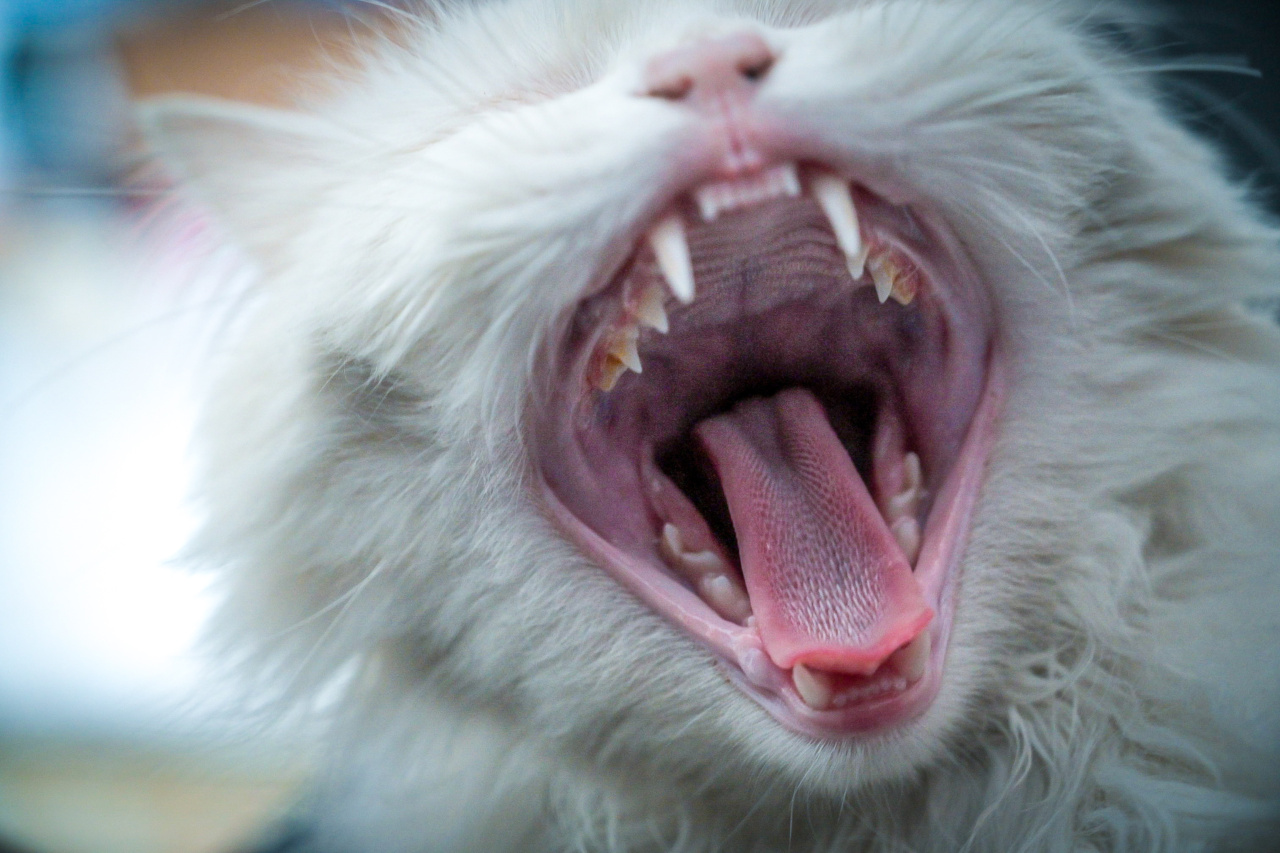Yawning is a very common behavior that is exhibited by many species, including humans. It is a reflex that is triggered by a variety of stimuli, such as fatigue, boredom, and even changes in temperature.
While it is normal to yawn occasionally, persistent yawning can be a sign of an underlying medical condition that requires attention. In this article, we will discuss the causes of persistent yawning and its management.
Causes of Persistent Yawning
Persistent yawning, also known as excessive yawning or hyperyawn, is a medical condition that is characterized by frequent and uncontrollable yawning. The following are some of the causes of persistent yawning.
1. Sleep Disorders
Sleep disorders such as sleep apnea, insomnia, and narcolepsy can cause persistent yawning. Sleep apnea is a condition where the airway is blocked during sleep, leading to pauses in breathing and disrupted sleep.
Insomnia is a condition where a person has difficulty falling asleep or staying asleep. Narcolepsy is a condition where a person experiences excessive daytime sleepiness and often falls asleep uncontrollably.
2. Medications
Some medications, such as antidepressants, antipsychotics, and antihistamines, can cause persistent yawning as a side effect.
3. Anxiety and Stress
Anxiety and stress can cause persistent yawning due to increased breathing and heart rate, which can lead to fatigue.
4. Neurological Conditions
Neurological conditions such as multiple sclerosis, Parkinson’s disease, and stroke can cause persistent yawning due to damage to the nerves that control the muscles used in yawning.
Management of Persistent Yawning
The management of persistent yawning depends on the underlying cause. The following are some of the ways in which persistent yawning can be managed.
1. Treating Underlying Medical Conditions
If the persistent yawning is caused by an underlying medical condition, treating the condition may help reduce the yawning. For example, treating sleep apnea with a continuous positive airway pressure (CPAP) machine can help reduce persistent yawning.
2. Changing Medications
If the persistent yawning is caused by medications, changing the medication or reducing the dose may help reduce the yawning.
3. Relaxation Techniques
Relaxation techniques such as deep breathing, meditation, and yoga can help reduce anxiety and stress, which can cause persistent yawning.
4. Stimulating Activities
Engaging in stimulating activities such as exercise, socializing, and hobbies can help reduce persistent yawning by reducing boredom and increasing alertness.
5. Scheduled Naps
If the persistent yawning is caused by a sleep disorder, taking scheduled naps during the day may help reduce the yawning.






























